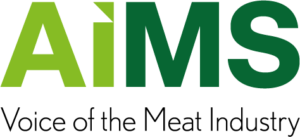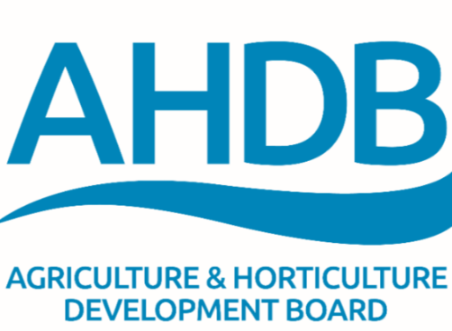U.S. Meat Exports to China Threatened as Export Registrations Lapse
Beijing, March 17 (Reuters) – Export registrations for over 1,000 U.S. meat plants granted by China under the 2020 “Phase 1” trade deal lapsed on Sunday, according to China’s customs website. This development poses a significant threat to U.S. exports to the world’s largest buyer amid an ongoing tariff standoff.
The registration status for pork, beef, and poultry plants across the U.S., including those owned by major producers Tyson Foods, Smithfield Packaged Meats, and Cargill Meat Solutions, was changed from “effective” to “expired,” as reported by China’s General Administration of Customs. Reuters had previously reported on Friday that these registrations were at risk of lapsing.
The expiration of registrations for roughly two-thirds of the total registered facilities could severely restrict U.S. market access and potentially lead to losses of approximately $5 billion. This situation adds to the challenges faced by American farmers, especially after Beijing imposed retaliatory tariffs on about $21 billion worth of American farm goods earlier this month.
While registrations for around 84 U.S. plants lapsed in February, shipments from these plants continue to clear customs. However, it remains uncertain how long China will allow these imports to continue. Beijing requires food exporters to register with customs to sell their products in China, making the registration process crucial for maintaining market access.
This development could have significant implications for the U.S. meat industry and its trade relations with China.
Original story: Reuters

